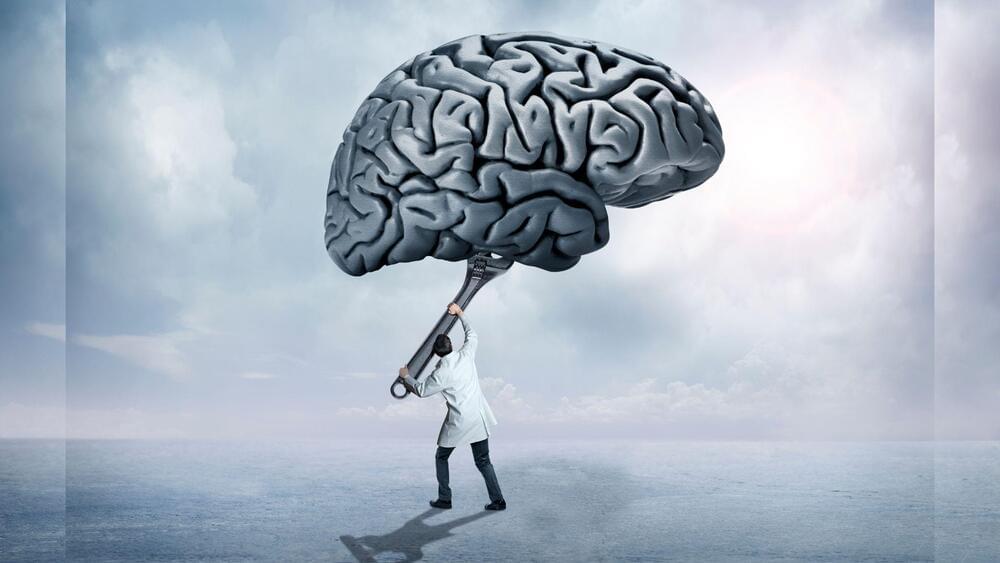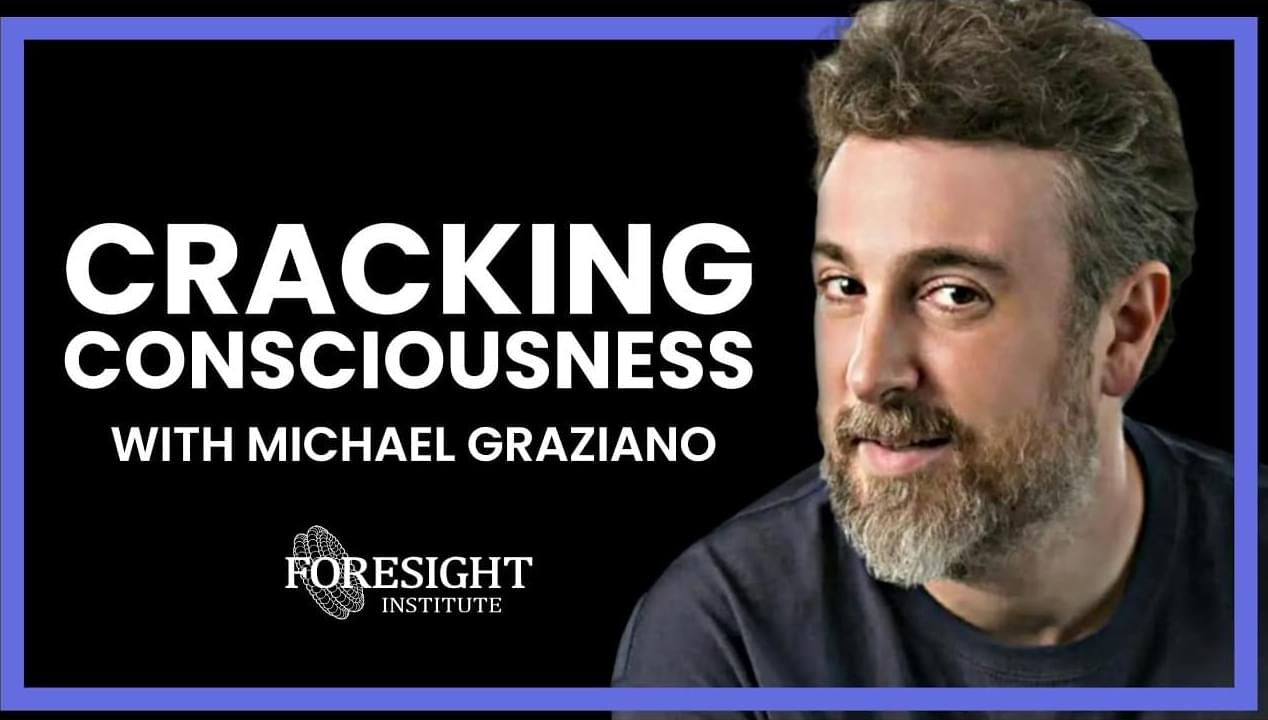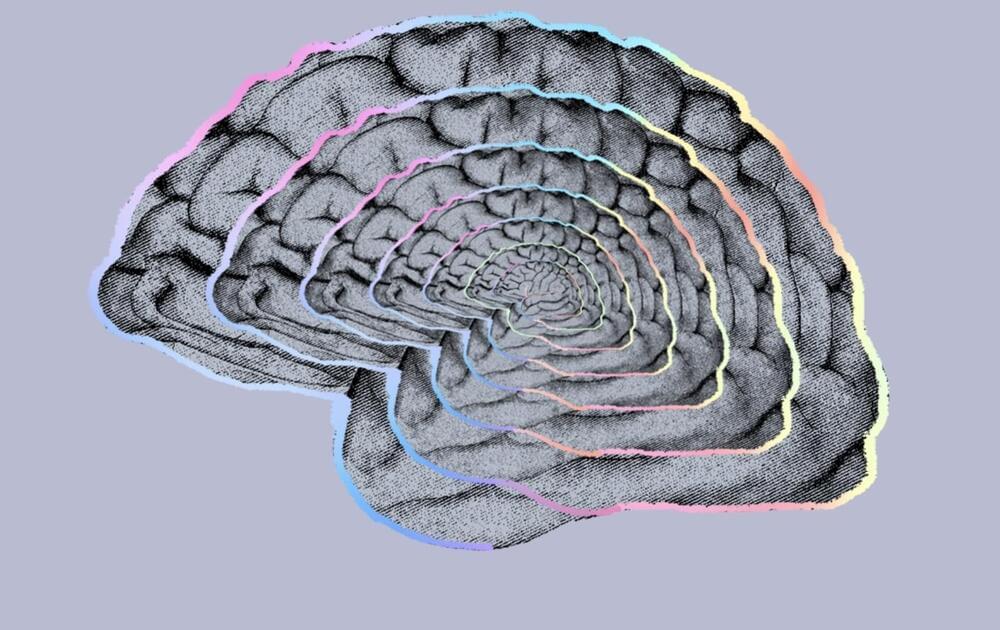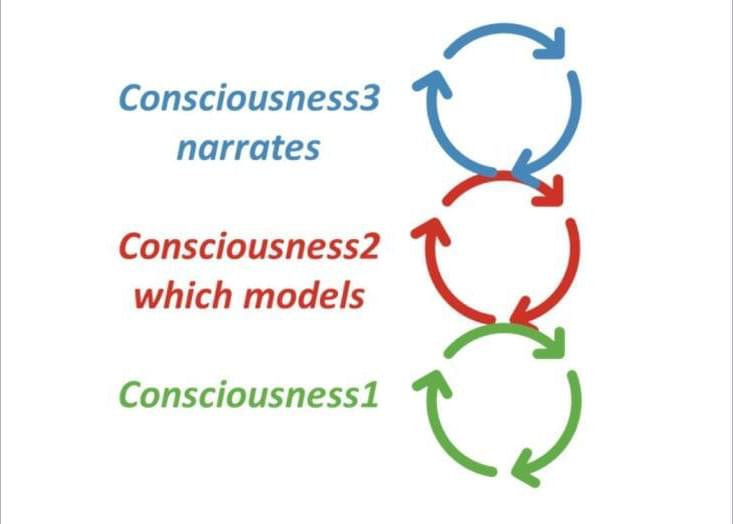
By Ariana Mendible
For the past several years, I have been closely involved with the Institute for the Quantitative Study of Inclusion, Diversity and Equity (QSIDE). This nonprofit organizes events and facilitates research in quantitative justice, the application of data and mathematical sciences to quantify, analyze and address social injustice. It uses the community-based participatory action research model to connect like-minded scholars, community partners, and activists together. Recently, QSIDE researchers met virtually in a Research Roundup to share our progress. Hearing all the incredible work that QSIDE has spawned and supported prompted me to reflect on the role that the group has played in my budding career and the ways in which the institute itself has grown since its founding in 2019.
Like many PhD candidates, my final year of graduate school was rife with burnout and uncertainty about post-graduation plans. Add to this mix a global pandemic, social isolation, and confinement to the same one-bedroom dwelling for the last year plus and you get a stew of anxiety. I was approaching my mental limit on the research I had been conducting, somewhere at the intersection of data science and fluid dynamics. While the problem I had been working on for my thesis was interesting, I was ready for a major change. I couldn’t picture myself in the usual post-graduate tracks: a post-doc at an R1 institution or working for a Big Tech company. These careers felt hyper-competitive, a turn-off during a period of significant burnout. I also couldn’t see their direct positive impact, which felt acutely important in this time of global social disarray.

















